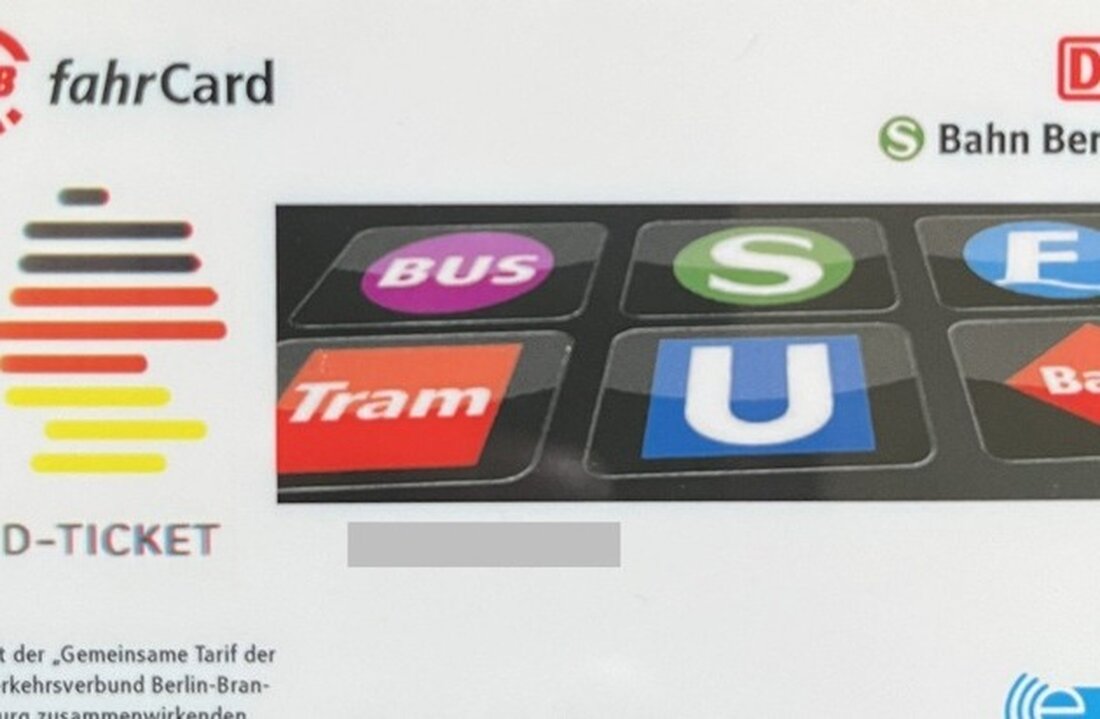Transport Ministers' Conference: Secure Germany ticket and reform on company car taxation
Transport Ministers' Conference: Secure Germany ticket and reform on company car taxation
The EVG chairman Martin Burkert demands that the transport ministers of the federal and state governments invest additional funds in public transport in order to enable a socially just transitional transition. In particular, funds should be used for the expansion of public transport, the long -term securing of the Germany ticket and a reform of the company car taxation. Burkert complains about the future of the Germany ticket and instead demands long -term financing to enable a stable price, additional transport offers and more staff.
The current taxation of mobility in Germany is considered socially unfair. In particular, top earners with gross earnings of over 80,000 euros benefit from the discounted company car taxation, which binds more tax funds than the Germany ticket costs. The broad alliance of unions, welfare and social associations concludes that a consistent reform of the company car taxation could enable long-term financing and a socially just design of the Germany ticket.
in Berlin and other big cities, public transport is a central topic. The availability of cheap and reliable means of transport influences the quality of life of the citizens and the traffic situation in the city. Strengthening public transport through investments in infrastructure and offer could lead to a reduction in private transport and thus to improve quality of life.
A possible local impact of the demand for long -term financing of the Germany ticket could be that the prices for public transport could remain stable or even reduced. This could motivate more people to use public transport, which could lead to a relief for road traffic and to reduce environmental pollution.
Table: Comparison of costs for the Germany ticket and the tax revenue through the company car taxation (in millions of euros)
| Year | Germany ticket costs | Urval car taxation income |
| —— | ———————— | —————————- |
| 2020 | 200 | 250 |
| 2021 | 210 | 260 |
| 2022 | 220 | 270 |
As the table shows, the fossil subsidy in the form of discounted company car taxation achieves higher tax revenue annually than the costs of the Germany ticket. A reform of this taxation could therefore help to secure the financing of the Germany ticket in the long term and to enable a socially just design.


Kommentare (0)